.png)
Prostate cancer is one of the most common cancers among men worldwide, and finding effective, less invasive treatment options is crucial. In recent years, Tijuana, Mexico, has emerged as a hub for innovative prostate cancer treatments, including the use of killer cell antibodies and radiofrequency ablation (RFA). These therapies offer hope to patients looking for alternative and integrative cancer care outside conventional surgery, chemotherapy, or radiation.
This blog explores how killer cell antibodies and RFA work, their benefits, costs, and why Tijuana is becoming a preferred destination for prostate cancer treatment.
Key Insights at a Glance
- Killer cell antibodies and RFA provide a non-invasive approach to prostate cancer treatment.
- Tijuana offers cutting-edge therapies at a fraction of U.S. costs.
- These treatments boost the immune system and target cancer cells effectively.
- Patients experience faster recovery with minimal side effects.
- Mexico’s medical tourism sector ensures high-quality, affordable cancer care.
Understanding Killer Cell Antibodies in Prostate Cancer Treatment
Killer cell antibodies are a form of immunotherapy designed to enhance the body's immune response against cancer cells. These antibodies stimulate natural killer (NK) cells, which are crucial in identifying and eliminating tumor cells.
How Do Killer Cell Antibodies Work?
- Boosts Immune System: Activates NK cells to detect and attack cancer cells.
- Targets Cancer Cells Only: Unlike chemotherapy, it spares healthy tissues.
- Prevents Tumor Growth: Stops cancer from spreading by interfering with tumor signaling.
- Works Well with Other Therapies: Often combined with treatments like radiofrequency ablation (RFA) for enhanced results.
What is Radiofrequency Ablation (RFA) for Prostate Cancer?
RFA is a minimally invasive treatment that uses high-frequency electrical currents to destroy cancerous tissue. This technique is commonly used for various types of tumors and is gaining recognition for treating localized prostate cancer.
How Does RFA Work?
- A small probe is inserted into the prostate tumor.
- High-frequency energy heats and destroys cancerous cells.
- The body naturally eliminates the dead cancer cells over time.
- Minimizes damage to surrounding healthy tissues.
Advantages of RFA in Prostate Cancer
Non-Surgical Approach: No large incisions or extensive recovery.
Quick Recovery: Most patients return to normal activities in days.
Minimal Side Effects: Less pain and reduced complications compared to surgery.
Preserves Prostate Function: Helps maintain quality of life post-treatment.
Why Choose Tijuana, Mexico for Prostate Cancer Therapy?
Tijuana has become a leading destination for alternative and advanced cancer treatments due to:
Cost-Effective Care: Treatment prices are significantly lower than in the U.S.
Innovative Therapies: Access to cutting-edge treatments not widely available elsewhere.
Experienced Specialists: Highly trained oncologists and medical teams.
Short Waiting Times: Immediate consultations and treatment scheduling.
Medical Tourism Facilities: High-quality hospitals and accommodations for international patients.
Cost of Prostate Cancer Therapy in Tijuana
The cost of prostate cancer therapy in Tijuana varies depending on the clinic, treatment combination, and patient condition. Below is an estimated price range:
| Treatment | Estimated Cost (USD) | Notes |
|---|---|---|
| Killer Cell Antibody Therapy | $5,000 - $12,000 | May require multiple sessions. |
| Radiofrequency Ablation (RFA) | $3,500 - $8,000 | Depends on tumor size & location. |
| Consultation & Diagnosis | $100 - $300 | Initial tests & doctor’s fees. |
| Follow-up & Aftercare | $500 - $2,000 | Post-treatment monitoring. |
Note: Costs may vary by clinic and patient condition. Always consult a specialist for a personalized quote.
Benefits of Combining Killer Cell Antibodies and RFA
Many patients opt for a combination of both treatments to maximize results. Here’s why:
Boosts Effectiveness: RFA destroys tumors, while killer cell antibodies prevent recurrence.
Minimizes Side Effects: Both therapies are non-toxic compared to chemotherapy or radiation.
Faster Recovery: Patients recover quicker without lengthy hospital stays.
Long-Term Protection: Enhances immune response against future cancer growth.
Are There Any Risks?
While both treatments are considered safe, potential risks include:
Mild Discomfort: Some patients experience swelling or slight pain after RFA.
Immune Response Reactions: Fever or fatigue can occur as the body fights cancer cells.
Tumor Recurrence: Though reduced, regular follow-ups are necessary.
Allergic Reactions: Rare cases of hypersensitivity to antibody treatments.
Patients should consult with a specialist to evaluate whether these treatments are right for them.
FAQs About Prostate Cancer Therapy in Tijuana
1. Is prostate cancer treatment in Tijuana safe?
Yes, Tijuana has reputable cancer clinics with advanced technology and experienced specialists. Patients should research and choose accredited facilities for safe and effective care.
2. How effective are killer cell antibodies for prostate cancer?
Killer cell antibodies enhance the immune system’s ability to fight cancer, reducing tumor growth and recurrence. Their effectiveness depends on the patient’s condition and how early treatment is started.
3. Does radiofrequency ablation completely cure prostate cancer?
RFA is highly effective for localized prostate cancer but may not be a complete cure if the cancer has spread. It works best when combined with other therapies like immunotherapy.
4. How long does recovery take after RFA?
Most patients recover within a few days to a week. There may be mild discomfort, but no major downtime, allowing patients to return to daily activities quickly.
5. What are the side effects of killer cell antibody therapy?
Some patients may experience mild flu-like symptoms, fatigue, or fever as their immune system responds. These side effects are temporary and usually subside within a few days.
6. Why is treatment in Mexico more affordable than in the U.S.?
Lower operational costs, affordable medical staff wages, and fewer regulatory expenses allow clinics in Mexico to provide high-quality care at a fraction of U.S. prices.
7. Can international patients easily travel to Tijuana for treatment?
Yes, Tijuana is easily accessible from the U.S., with medical tourism packages that include airport transfers, accommodations, and concierge services for international patients.
8. Do these treatments replace traditional prostate cancer treatments?
Killer cell antibodies and RFA are complementary treatments. Some patients may still need surgery, chemotherapy, or radiation depending on their cancer stage.
9. How do I choose the right clinic in Tijuana for prostate cancer therapy?
Look for accredited clinics with experienced oncologists, patient testimonials, and clear treatment plans. Consultation with multiple specialists is also recommended before deciding.
10. Can I combine these treatments with other cancer therapies?
Yes, many patients combine RFA and killer cell antibodies with conventional or holistic therapies for improved results. A specialist can help design a personalized treatment plan.
Start Your Journey to Prostate Cancer Treatment in Tijuana
Tijuana offers affordable, cutting-edge prostate cancer treatments that prioritize patient well-being and recovery. Whether you're considering killer cell antibodies, RFA, or a combination approach, Mexico provides high-quality medical care at a fraction of U.S. prices.
Take control of your health today—consult with a specialist in Tijuana to explore your treatment options!


-Thumbnail.png)


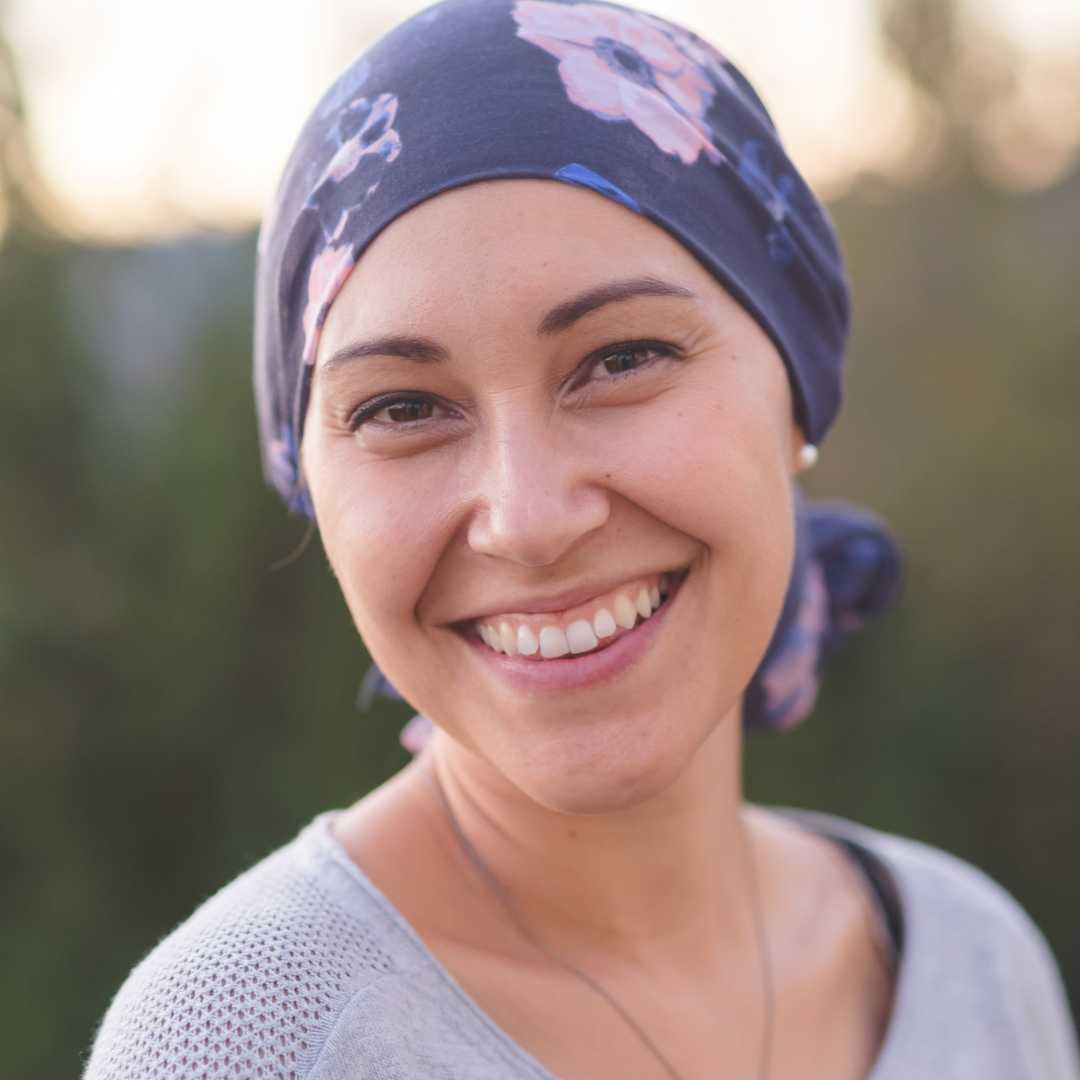





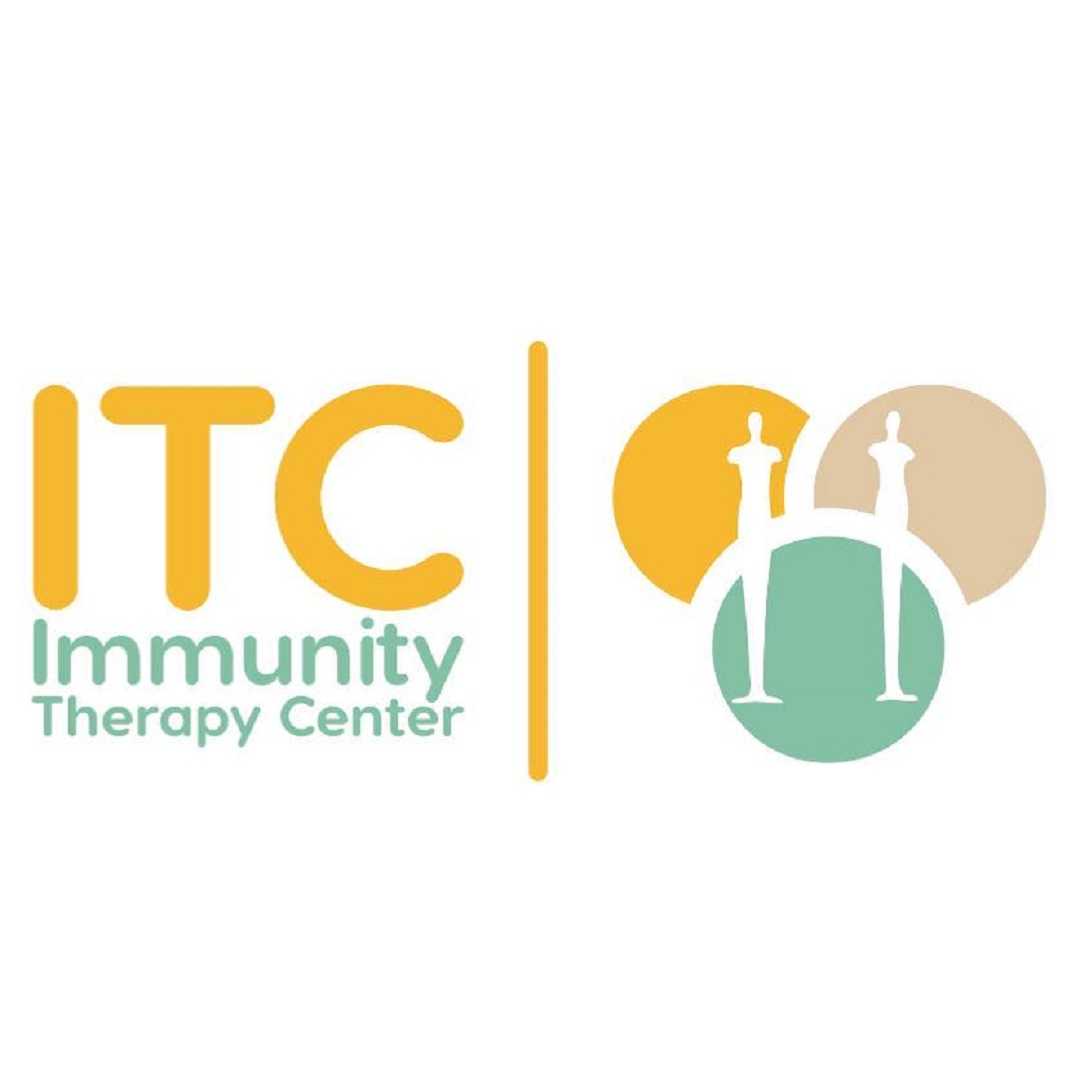

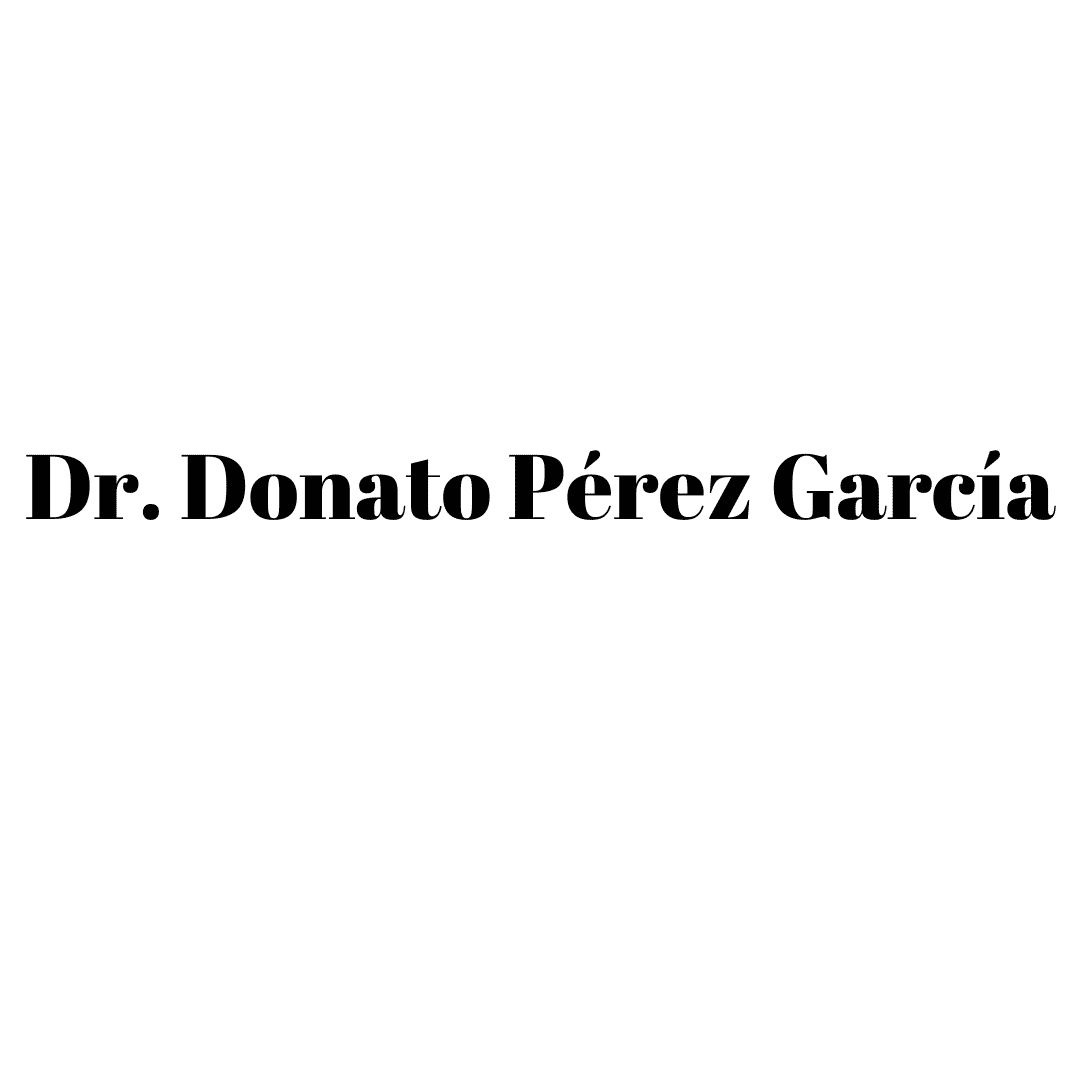
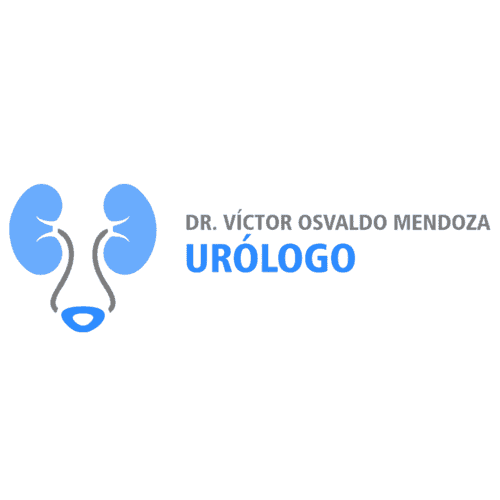
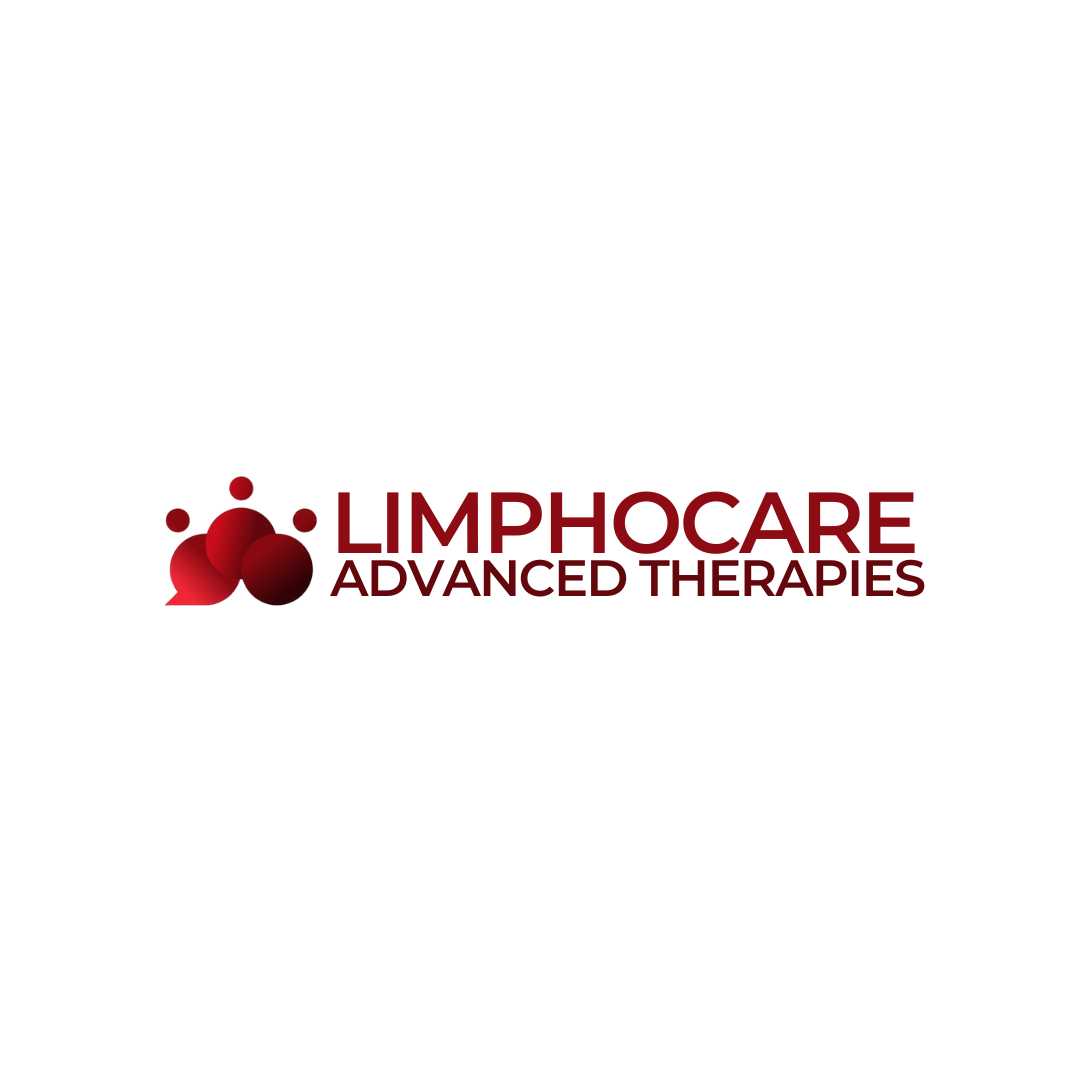

Share this listing